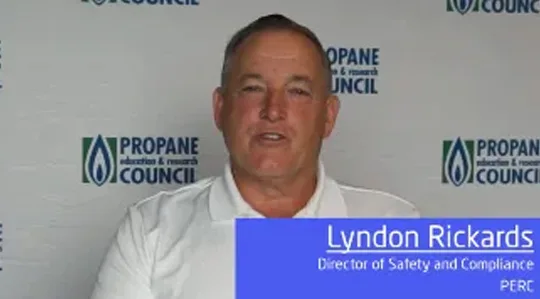Save Your Gas Stoves Act
This past February the Department of Energy proposed extreme legislation that would effectively eliminate nearly all gas stoves and cooktops on the market today.
The Save Our Gas Stoves Act was introduced as a means to protect your kitchen appliances and more importantly, your right as an American consumer to choose. This was a bi-partisan bill that received bi-partisan support, recently passing through the House of Representatives. Thanks to all who supported this bill and the right to choose.
If you would like to know more about the bill and/or how your local Legislators voted you can find out more by clicking on the corresponding word. We also encourage you reach out to your local Representative in support of the right to choose your energy source.
The benefits of propane are many, and it is a part of a clean energy solution for tomorrow – available today. It is also a low-carbon, reliable, and versatile fuel that produces 43% fewer greenhouse gas emissions than an equivalent amount of average U.S grid electricity. A variety of clean energy sources working together – a wide path – is the only way to achieve a zero-emissions future.




